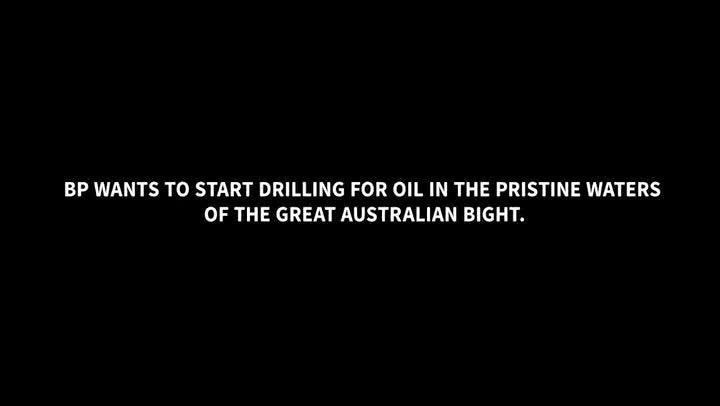Seismic testing for oil in The Bight postponed in win for tuna industry but whales in firing line
The tuna industry is celebrating a win over the oil industry with planned seismic testing moved from the crucial breeding season in March next year.

SA News
Don't miss out on the headlines from SA News. Followed categories will be added to My News.
- Secrecy surrounds oil leak mapping
- Testing in SA waters — now they aren’t happy in Vic
- Bight oil testing a “severe risk”
The tuna industry is celebrating a win over planned seismic testing for oil in The Bight during the species’ Autumn juvenile migration.
Testing company PGS has abandoned plans to test in an area off Kangaroo Island in March, telling the federal umpire which must approve the plan, NOPSEMA, that it will move its activities to September next year.
But the decision to focus on September activities has pitted PGS against the environmental lobby because this is when southern right whales will be calving in the region.
“There is no safe time to undertake seismic blasting,’’ Greens Senator for South Australia Sarah Hanson-Young said.
—Chief executive of the Australian Southern Bluefin Tuna Industry Association, Brian Jeffriess, said neither March nor September were ideal, but said the industry had lobbied against March.
He said the industry had taken a close interest in the PGS plan because it was so close to the centre of the fishery; 51km from Cape Carnot, Eyre Peninsula, 90km west of KI and 80km southwest of Port Lincoln.

“We have made a persuasive, evidence based case (about March testing),’’ he said.
“September is still a major problem for other species and other activities and this is a very major survey.’’
Australian Petroleum Production and Exploration Association spokesman Matthew Doman said seismic testing had been used for decades in Australian waters with no evidence of harm.
“The oil and gas industry has a proud of track record of safe, sustainable operations over many decades in Australian conditions under Australian regulations,’’ he said.
NOPSEMA has given itself an additional month to rule on whether the PGS testing can go ahead at all because of the complexity of the issues.
The survey area is 30,100 square kilometres, and testing would run for 24/7 for three months from September in 2019 and in 2020.
Seismic testing involves injecting large air bubbles into water behind a test ship to record sounds as they bounce back from the ocean floor to detect oil and gas deposits.


